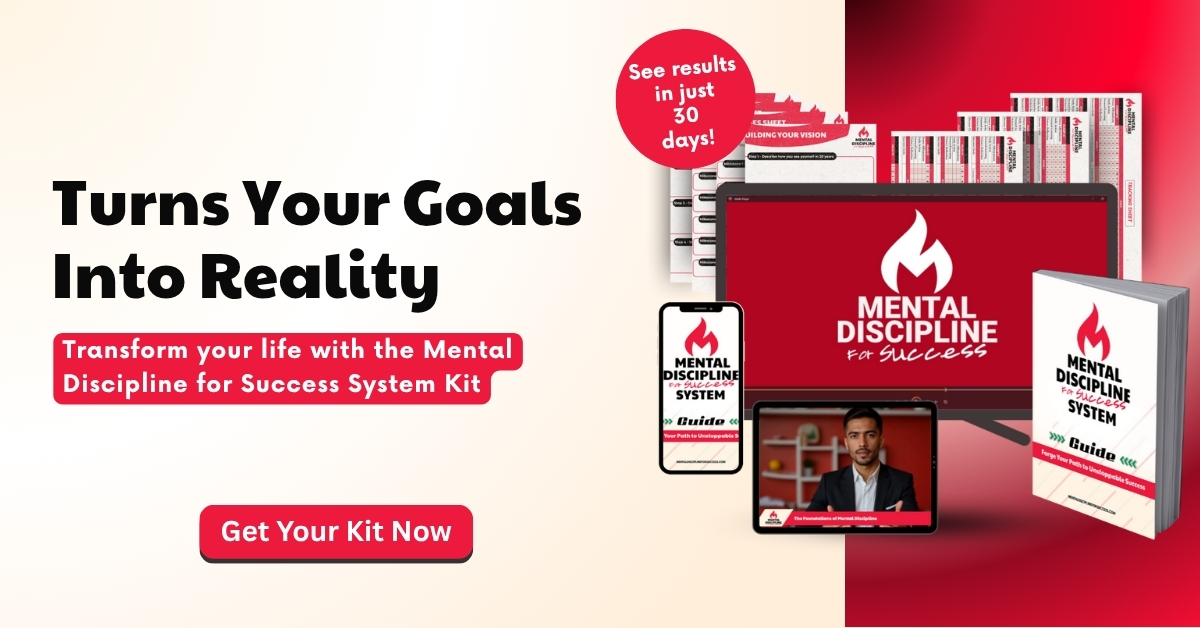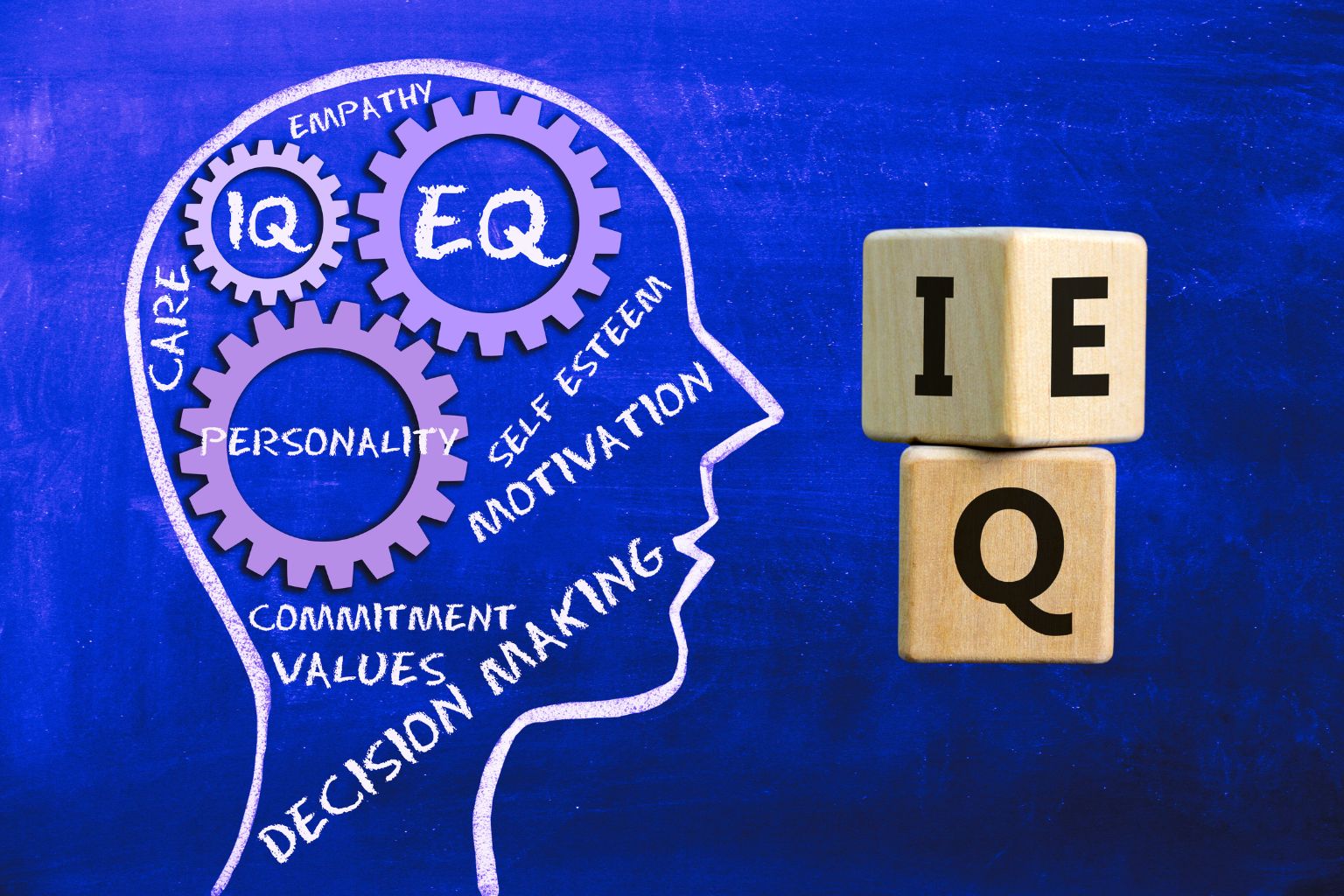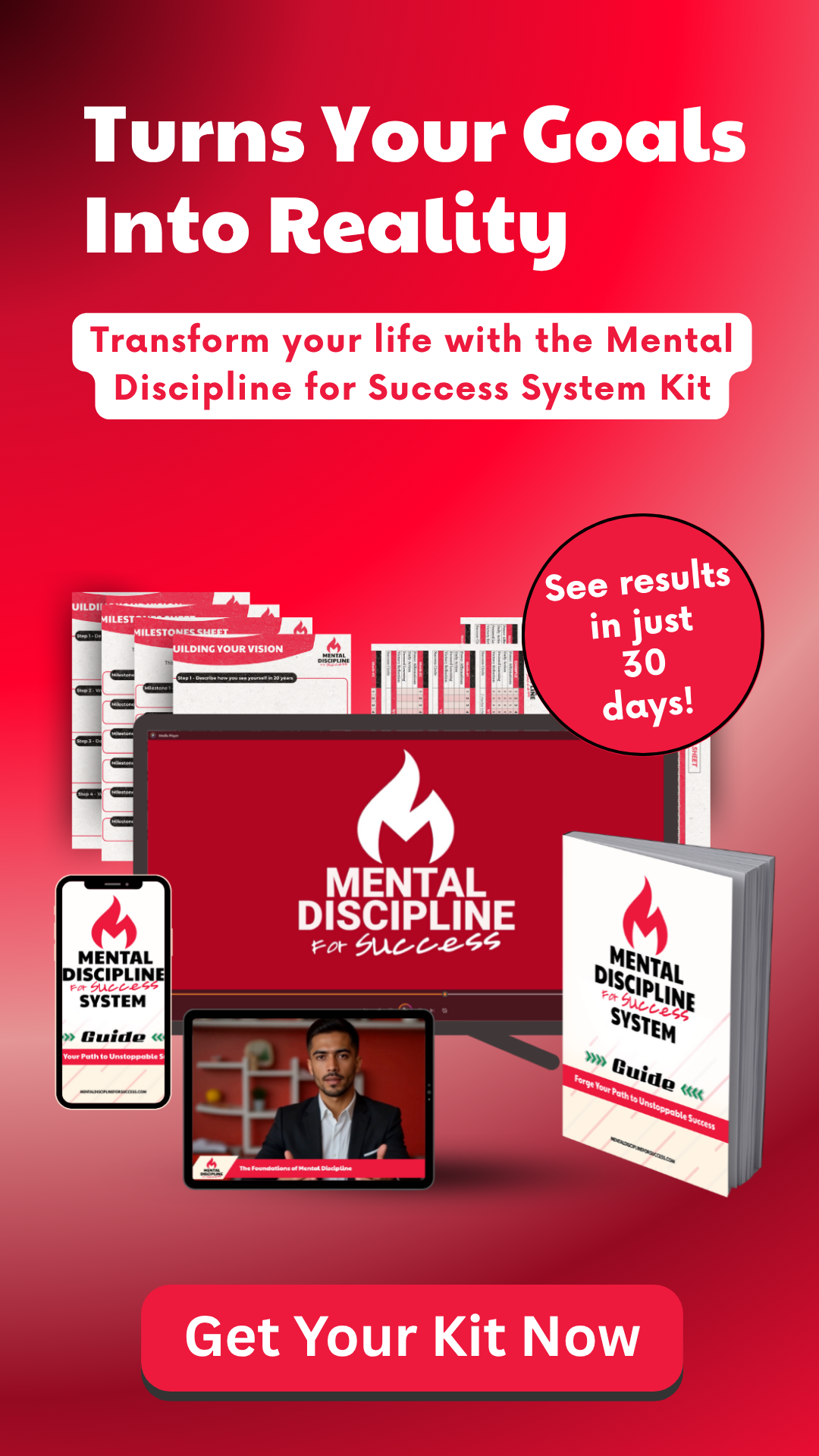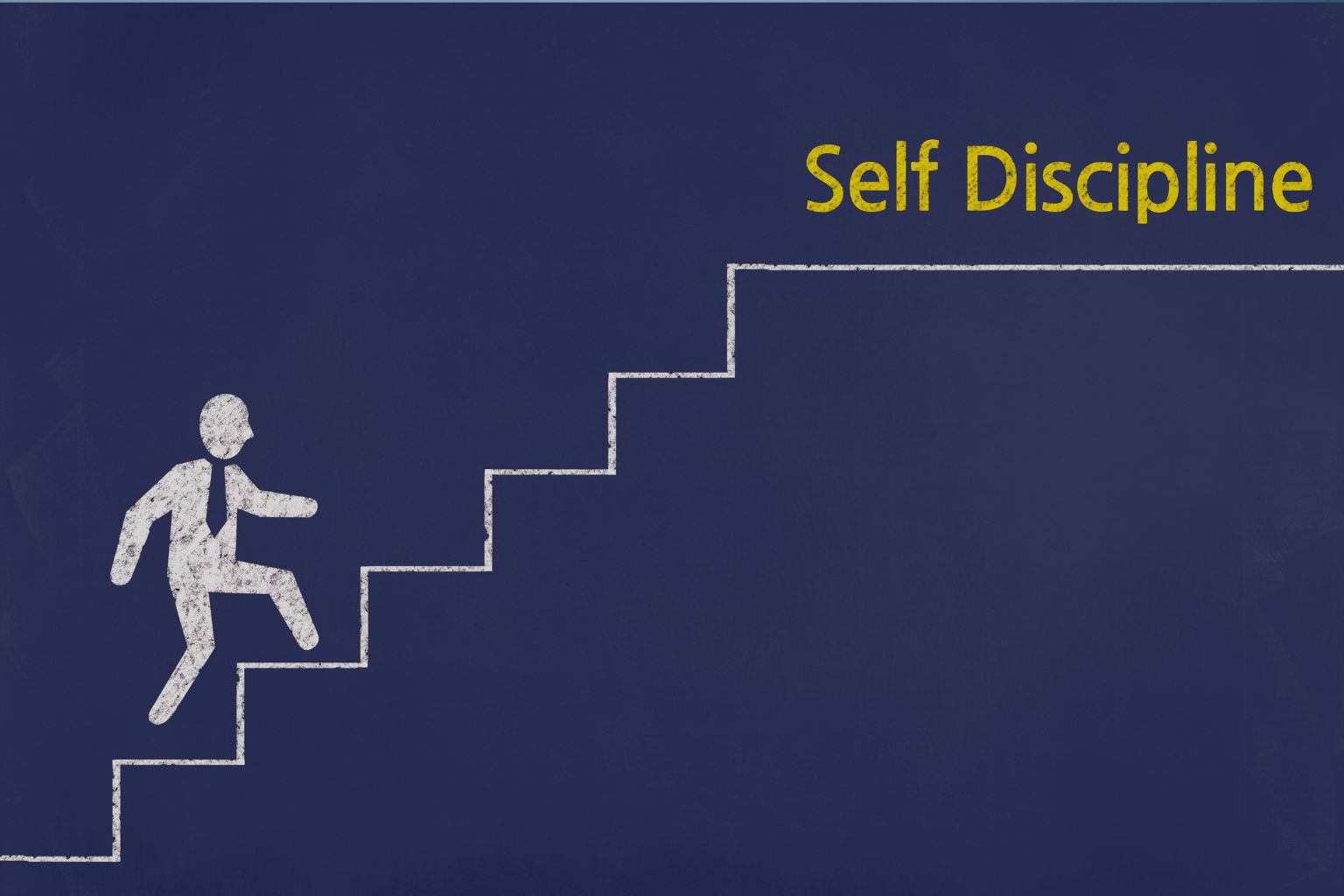A mindset shift is like upgrading the software in your brain. It’s a deliberate change in how you view yourself, your challenges, and your possibilities, moving you from stuck to unstoppable.
Close your eyes for a second and imagine: You’re on the verge of something massive—a career leap, a personal breakthrough, a life that screams you. But then, doubt creeps in, distractions pile up, and that spark starts to fade. What if the secret to breaking through isn’t working harder, but thinking smarter? That’s where mindset shifts for success come in—game-changing ways to rewire your brain for focus, resilience, and unstoppable progress.
These aren’t just tips; they’re your ticket to mental discipline for success, the kind that turns dreams into reality. Ready to dive into five mindset shifts that will redefine how you chase your goals? Let’s light that fire and make success feel like it’s already yours!
What Are Mindset Shifts?
A mindset shift is like upgrading the software in your brain. It’s a deliberate change in how you view yourself, your challenges, and your possibilities, moving you from stuck to unstoppable. Think of it as swapping out limiting beliefs—like “I’m not good enough” or “I’ll never have time”—for empowering ones that fuel action and growth.
To achieve mental discipline for success, mindset shifts align your thoughts with your goals, making it easier to stay focused, bounce back from setbacks, and stay disciplined every day.
They’re the foundation for a life where you don’t just dream big—you live big.
15 Mindset Shifts for Success
1. Embrace Growth Over Perfection
Chasing perfection is like running on a treadmill—you’re exhausted, but you’re not going anywhere. One of the most powerful mindset shifts for success is choosing growth over flawlessness. Perfection demands every step be flawless, which paralyzes you with fear of failure.
Growth, on the other hand, celebrates every stumble as a chance to learn. Imagine you’re learning to cook. If you burn the first batch of cookies, perfection says, “I’m a failure.” Growth says, “Cool, now I know to lower the oven temp next time.” This shift builds mental discipline for success by freeing you to take risks, experiment, and improve without the weight of unrealistic expectations.
Why does this matter? Because perfection keeps you stuck in planning mode, afraid to act. Growth pushes you to start—messy, imperfect, but moving. For example, if you’re launching a side hustle, don’t wait for the perfect website or pitch. Start with what you have, learn from feedback, and tweak as you go.
Over time, this mindset makes discipline feel natural, as you’re driven by progress, not pressure.
- Pro Tip: Start a “growth journal” to reflect daily on one thing you learned, whether it’s a skill, a lesson from a mistake, or a small win. This habit reinforces that every step forward counts.
- Try This: Next time you catch yourself stressing about “getting it right,” pause and ask, “What’s one small thing I can do to get better today?” Then do it, no matter how imperfectly.
2. Focus on Process, Not Just Outcomes
We all love dreaming about the big win—landing the dream job, crossing the marathon finish line, or seeing your book on a bestseller list. But obsessing over the outcome can make the journey feel like a slog. A critical mindset shift for success is falling in love with the process—the daily actions that get you closer to your goal.
If you’re writing a book, don’t just picture the published copy; get excited about crafting 500 words each morning. If you’re training for a race, savor the rhythm of your runs, not just the medal. By prioritizing the process, you make discipline sustainable, turning small steps into a joyful habit.
This shift matters because outcomes are unpredictable, but processes are in your control.
Take Sarah, a graphic designer who wanted to go freelance. She kept fixating on landing big clients, which left her overwhelmed and procrastinating. When she shifted to focusing on daily tasks—like creating one portfolio piece or reaching out to one potential client—she found joy in the work itself. Within months, her portfolio was stellar, and clients started calling. By embracing the process, Sarah built mental discipline for success that made her goals feel achievable, not daunting.
- Pro Tip: Create a daily checklist of process-oriented actions tied to your goal, like “spend 30 minutes studying” or “do 10 push-ups.” Checking them off gives you a dopamine hit that keeps you hooked.
- Try This: Pick one goal and list three daily actions that move you toward it. Commit to doing them for a week, focusing only on the action, not the result. Notice how your motivation grows.
3. Reframe Challenges as Opportunities
Life loves throwing curveballs—a missed deadline, a rejected proposal, or a sudden expense. It’s easy to see these as roadblocks, but one of the most transformative mindset shifts for success is reframing challenges as opportunities.
Instead of thinking, “This setback is ruining everything,” ask, “What can this teach me?” Lost a job? It’s a chance to explore a new career path. Struggling with a project? It’s an opportunity to hone your problem-solving skills. This shift turns obstacles into stepping stones, fueling mental discipline for success by keeping you focused and resilient.
Consider Jake, who dreamed of starting a podcast but froze when his first episode got lukewarm feedback. Instead of quitting, he reframed the criticism as a chance to improve his content and delivery. He studied top podcasters, practiced his skills, and relaunched with a stronger show that gained a loyal following. By seeing challenges as growth opportunities, Jake stayed disciplined through tough moments, turning a potential failure into a triumph.
This mindset also builds emotional resilience. When you view challenges as part of the journey, they lose their power to derail you.
You’re not just reacting to life—you’re shaping it. Over time, this shift makes discipline second nature, as you approach every hurdle with curiosity and confidence.
- Pro Tip: When a challenge hits, write down one positive outcome it could lead to, like a new skill or perspective. This reframes the situation and keeps you moving forward.
- Try This: Next time you face a setback, take five minutes to brainstorm three ways it could help you grow. Then pick one and act on it, like taking a course or seeking feedback.
4. Cultivate a “Yet” Mindset Shifts for Success
Ever caught yourself thinking, “I’m not good at this,” or “I’ll never figure this out”? Those thoughts slam the door on progress. A simple but profound mindset shift for success is adding one word to your self-talk: “yet.” “I’m not good at public speaking” becomes “I’m not good at public speaking yet.” “I can’t run a 5K” becomes “I can’t run a 5K yet.”
This tiny word opens up possibility, reminding you that skills and success are built through effort and time. It’s a game-changer for mental discipline for success, keeping you committed even when the learning curve feels steep.
This shift is rooted in the growth mindset, a concept popularized by psychologist Carol Dweck. It’s about believing your abilities can improve with practice.
Take Maria, a small-business owner struggling with digital marketing. She felt defeated, thinking, “I’m not tech-savvy.” When she adopted a “yet” mindset, she started saying, “I haven’t mastered marketing yet.” This motivated her to take online courses, experiment with ads, and track her results. Within a year, her business’s online presence was thriving. The “yet” mindset kept her disciplined, turning frustration into fuel for growth.
Why does “yet” matter? Because it shifts your focus from fixed limitations to future potential. It’s a reminder that where you are now isn’t where you’ll stay. This mindset makes discipline feel empowering, as every effort brings you closer to mastery.
- Pro Tip: Catch negative self-talk and add “yet” out loud or in your head. It’s a quick way to rewire your brain for possibility and keep your discipline strong.
- Try This: Identify one area where you feel stuck. Write down three “not yet” statements about it (e.g., “I haven’t built a consistent workout routine yet”). Then take one small action toward progress, like researching a skill or trying again.
5. Own Your Choices
Life can feel like a whirlwind of external pressures—deadlines, expectations, or unexpected setbacks. It’s tempting to blame circumstances when things go wrong, but one of the most empowering mindset shifts for success is taking full ownership of your choices. You decide how to spend your time, how to respond to challenges, and what to prioritize.
This shift isn’t about guilt; it’s about claiming your power to shape your future. By owning your choices, you build mental discipline for success, making every decision a step toward your goals.
Imagine Alex, who wanted to get fit but kept saying, “I don’t have time to exercise.” When he shifted to owning his choices, he realized he was choosing to scroll social media for 30 minutes daily instead of working out. He started replacing that habit with a quick home workout, owning the choice to prioritize his health. Within months, he was stronger, more energized, and proud of his progress. Owning his choices gave Alex the discipline to align his actions with his goals.
This mindset also fosters accountability. When you see yourself as the driver of your life, you’re less likely to procrastinate or make excuses.
Every choice, from getting up early to saying no to distractions, becomes a vote for the life you want. Over time, this shift transforms discipline into a habit, as you consciously build a life that reflects your values.
- Pro Tip: Each morning, list three choices you’ll make that day to move toward your goals, like “I’ll spend 20 minutes reading” or “I’ll say no to non-essential tasks.” Review them at night to stay accountable.
- Try This: Reflect on one recent choice that didn’t align with your goals (e.g., skipping a task). Write down one alternative choice you’ll make next time and commit to it for a week.
6. From Scarcity to Abundance Mindset
Stop thinking “there’s never enough” and embrace “there’s plenty to go around.” An abundance mindset transforms how you view opportunities, relationships, and resources
. When you see the world as abundant, you foster generosity and collaboration rather than competition. This shift creates stronger relationships and drives innovation because you’re not threatened by others’ success—you’re inspired by it.
Research by Emmons and McCullough shows that practicing gratitude—a core component of abundance thinking—significantly boosts happiness and life satisfaction. Instead of competing with colleagues, celebrate their achievements and ask how they succeeded. This mindset opens doors to partnerships and opportunities that scarcity thinking would close.
- Try This: Start each day by writing down three things you’re grateful for, focusing on abundance rather than what you lack.
7. From Victim to Empowered Mindset
Transform “Why is this happening to me?” into “What can I do about it?” This shift moves you from feeling powerless to taking control of your circumstances. Research shows that taking responsibility boosts job performance and workplace happiness, and those who own their actions are more likely to achieve meaningful goals.
When you adopt an empowered mindset, you stop waiting for external circumstances to change and start creating the change yourself. This doesn’t mean ignoring genuine challenges—it means focusing on your response to them.
- Try This: When facing a setback, spend 5 minutes writing down three actions you can take, no matter how small, to influence the situation.
8. From Fear of Failure to Embracing Risk
Shift from “What if I fail?” to “What if I succeed?” Understanding that failure is part of the growth journey allows you to take bold actions that lead to breakthroughs. Neuroscience shows that when you reframe failure as feedback rather than a reflection of your worth, you activate different neural pathways that support learning and resilience.
Alexander Fleming’s discovery of penicillin happened by “accident”—what we call failure often contains the seeds of our greatest successes. Embracing risk doesn’t mean being reckless; it means being strategic about the chances you take to grow.
- Try This: Set a “failure goal” each month—try something new where failure is possible but the learning potential is high.
9. From Comparison to Inspiration Mindset
Stop comparing yourself to others and start using their success as inspiration. When you see someone’s achievement as proof of what’s possible rather than evidence of your own inadequacy, you unlock motivation instead of discouragement. This shift is particularly powerful in our social media age, where comparison can become toxic.
Research reveals that those who celebrate others’ success and use it as inspiration are more likely to achieve their own goals. Instead of asking “Why them and not me?” ask “What can I learn from their approach?”
- Try This: When you feel envious of someone’s success, immediately identify one specific strategy they used that you could adapt for your own goals.
10. From Limitation to Possibility Thinking
Challenge limiting beliefs by asking, “Is that really true?” Most limitations are perceived rather than real. Your brain often lies to you about what’s possible, creating mental barriers that don’t actually exist. Neuroscience shows that beliefs shape neural pathways—when you believe something is impossible, your brain literally stops looking for solutions.
Psychological flexibility research demonstrates that people who can adapt their thinking and shift perspectives have significantly better mental health outcomes and higher achievement levels. This mindset encourages creative problem-solving and helps you see opportunities where others see obstacles.
- Try This: Identify one limiting belief about yourself. Write down three pieces of evidence that contradict this belief, then take one small action that proves it wrong.
11. From Perfection to Progress Mindset
Focus on consistent progress instead of flawless execution. Perfectionism can paralyze you with fear of failure, while a progress-oriented mindset values effort and improvement over perfect outcomes. This shift is crucial because perfection is an illusion—even the most successful people make mistakes and learn from them.
Research shows that those who embrace progress over perfection are more likely to start projects, complete them, and maintain motivation over time. Small, consistent improvements compound into significant results, while perfectionism often leads to procrastination and inaction.
- Try This: Set a “progress goal” rather than a perfection goal. Instead of “I’ll write the perfect article,” commit to “I’ll write for 30 minutes daily.”
12. From Single Focus to Systems Thinking
Move beyond individual goals to think in interconnected systems. Successful people understand that lasting change comes from building systems—repeating processes that naturally lead to desired outcomes. This shift transforms how you approach challenges because you start seeing the relationships between different areas of your life.
Neuroscience reveals that your brain naturally seeks patterns and connections. When you think systematically, you align with your brain’s natural processing style, making it easier to maintain discipline and see long-term results.
- Try This: Instead of setting a goal to “lose weight,” create a system like “I’ll prepare healthy meals every Sunday and walk for 20 minutes after dinner.”
13. From Reactive to Proactive Mindset
Stop reacting to life and start creating it. Proactive thinking means anticipating challenges and preparing responses rather than waiting for problems to arise. This mindset shift is particularly powerful because it puts you in control of your schedule, energy, and outcomes.
Research shows that proactive individuals have better job performance, stronger relationships, and higher life satisfaction. They don’t wait for motivation—they create conditions that support their goals regardless of how they feel.
- Try This: Each Sunday, identify three potential challenges for the upcoming week and prepare specific responses for each.
14. From Outcome-Only to Explorer Mindset
Embrace uncertainty as a doorway to discovery. Instead of focusing solely on end results, treat confusion and challenges as natural parts of growth. Ask “What can I learn?” rather than fearing failure. This mindset transforms setbacks into data points for future success.
Neuroscience shows that when you approach challenges with curiosity rather than fear, you activate different brain regions that enhance learning and creativity. The explorer mindset keeps you adaptable and resilient in changing circumstances.
- Try This: When facing uncertainty, write down three questions you could explore to better understand the situation, then pursue answers to one of them.
15. From Solo to Connector Mindset
Foster collaboration over competition. Successful people understand that achievement rarely happens in isolation—it’s built through relationships, mentorship, and mutual support. This shift recognizes that connecting with others multiplies your capabilities and creates opportunities that wouldn’t exist otherwise.
Research demonstrates that people with strong social connections are more likely to achieve their goals and maintain motivation over time. The connector mindset also builds resilience because you have support systems during challenging periods.
- Try This: Reach out to one person each week who shares your interests or goals. Focus on how you can support their success rather than what you can gain.
16. From Scattered Effort to The Mental Discipline for Success System
Stop trying to piece together random advice from the internet and embrace a proven, step-by-step system that transforms all these mindset shifts into lasting habits. While individual shifts are powerful, the real magic happens when you combine them strategically through a structured approach that builds mental discipline systematically.
Most people fail with mindset changes because they try to implement everything at once or lack a clear progression. The Mental Discipline for Success System solves this by giving you a precise roadmap that takes you from wherever you are now to unshakeable mental discipline in just 12 weeks.
Why a System Beats Scattered Efforts
Think about it: you wouldn’t try to build a house by randomly mixing cement, hammering nails, and hoping it all comes together. Yet that’s exactly what most people do with personal development—they collect tips, try random techniques, and wonder why nothing sticks.
The Mental Discipline for Success System works because it:
- Sequences your growth so each week builds on the last, preventing overwhelm
- Combines mindset shifts strategically so they reinforce each other instead of competing for your attention
- Provides specific daily practices that turn abstract concepts into concrete habits
- Includes accountability and tracking so you stay consistent even when motivation dips
- Addresses the hidden psychological barriers that sabotage most people’s efforts
What Makes This System Different
Unlike generic self-help advice, this system is built on the understanding that mental discipline is a skill you develop, not a trait you’re born with. It takes the 15 mindset shifts you’ve learned and weaves them into a progressive training program that builds real, lasting change.
The system recognizes that your brain needs time to rewire, your habits need structure to stick, and your motivation needs strategic support to survive the inevitable tough days. It’s not about willpower—it’s about creating conditions where discipline becomes your natural response.
Why These Shifts Are Your Superpower
These mindset shifts for success are more than mental tricks—they’re the foundation of a life where you’re in control, resilient, and unstoppable. Embracing growth over perfection frees you to act. Loving the process makes discipline joyful. Reframing challenges builds resilience. Adopting “yet” unlocks potential. Owning your choices empowers you.
Together, they create mental discipline for success that turns every day into an opportunity to grow. You’re not just chasing goals—you’re becoming someone who achieves them, no matter what.
How the 15 Mindset Shifts Forge Unbreakable Mental Discipline
Mental discipline is the ability to act with consistent focus, self-regulation and resilience even when motivation dips or circumstances change. Think of it as the engine that turns good intentions into sustained performance. Each of the 15 mindset shifts in your post rewires one or more levers of that engine—attention, emotion, motivation, strategy and social support—so discipline becomes easier to practise, not a daily battle of will-power.
The Five Discipline Pillars and Their Supporting Shifts
| Mindset Shift | Discipline Pillar Strengthened | Why It Works (Research) |
|---|---|---|
| 1. Fixed → Growth Mindset | Continuous improvement | People who view skills as developable stay engaged with corrective feedback, sustaining effort after setbacks. |
| 2. Scarcity → Abundance | Motivation & energy | Gratitude, a core abundance habit, increases willingness to delay gratification—an essential act of self-discipline. |
| 3. Victim → Empowered (Internal Locus of Control) | Responsibility & follow-through | Believing outcomes depend on your actions predicts higher job performance and health behaviours. |
| 4. Fear of Failure → Embrace Risk | Resilience | Reframing failure as data boosts bounce-back and lowers burnout through higher resilience. |
| 5. Comparison → Inspiration | Positive emotion regulation | Redirecting social comparison toward learning sustains curiosity, which fuels adaptive coping and growth. |
| 6. Limitation → Possibility Thinking | Creative problem-solving | Possibility thinkers keep exploring options, maintaining psychological flexibility under pressure. |
| 7. Perfection → Progress | Consistent action | Dropping perfectionism removes paralysis; progress-focus correlates with healthier achievement and lower stress. |
| 8. Single Focus → Systems Thinking | Strategic consistency | Systems distribute decisions across routines, reducing reliance on finite will-power and preventing lapses. |
| 9. Reactive → Proactive | Anticipatory self-management | Proactive personalities plan, seize opportunities and show higher job performance, engagement and resilience. |
| 10. Outcome-Only → Explorer | Learning orientation | Curiosity activates reward circuits that keep effort high during uncertainty, reinforcing disciplined iteration. |
| 11. Solo → Connector | External accountability | Strong social support raises goal-completion rates and nudges people toward intrinsically meaningful aims. |
| 12. Short-Term → Long-Term Horizon | Delayed gratification | Gratitude and optimism enlarge time perspective, making it easier to invest effort now for future gain. |
| 13. Emotion-Driven → Strategic Pause | Impulse control | Brief reflective pauses interrupt automatic reactions, aligning behaviour with long-term goals. |
| 14. Random Practice → Weekly Reflection Ritual | Feedback loops | Structured reflection embeds lessons quickly, a hallmark of elite performers across domains. |
| 15. Clutter → Environment by Design | Friction management | Simplifying physical and digital spaces removes triggers for distraction, preserving cognitive resources. |
Conclusion
You’re not just reading words—you’re holding a blueprint to transform your life. These five mindset shifts for success—embracing growth, loving the process, reframing challenges, adopting “yet,” and owning your choices—are your path to mental discipline for success.
They’re not quick fixes; they’re powerful tools to reshape how you think, act, and thrive. Start with one shift today, lean into the journey, and watch your potential unfold. Your dreams aren’t just possible—they’re waiting for you to claim them. Go make it happen!
About mindset shifts for success
Negative thinking can feel like quicksand, but you can break free by starting small. Pick one mindset shift, like adding “yet” to your self-talk, and practice it daily. For example, if you think, “I’m terrible at time management,” reframe it to “I haven’t mastered time management yet” and try one new strategy, like setting a timer for tasks. Journaling about your thoughts or talking to a supportive friend can also help you spot negative patterns and replace them with empowering ones. Over time, these small changes build momentum, making mindset shifts for success feel natural.
Your mindset shapes how you interact with others. For instance, reframing challenges as opportunities can make you more empathetic, as you see others’ struggles as growth moments too. Owning your choices helps you communicate boundaries clearly, fostering healthier connections. A “yet” mindset encourages patience, like supporting a partner who’s learning a new skill. By practicing these mindset shifts for success, you build emotional intelligence and resilience, which deepen trust and connection in your relationships, making them more fulfilling.
















Share it!